Having recently read Walter Isaacson’s biography of Steve Jobs (I give it 4 1/2 stars), I now have a much better understanding of his many accomplishments. What a life! Given up for adoption by an unmarried couple—his father was of Syrian descent and his mother German-Irish—Jobs was 21 and a college dropout when he and friend Steve Wozniak founded Apple Computer, now Apple Inc. Pioneers of the personal computer revolution, they bounded from one triumph to another: the Apple II, the Macintosh, the iMac, iTunes, the iPod, the iPhone and the iPad, along with a few flops. Brilliant but abrasive, Jobs lost a boardroom power struggle in the mid-1980s. So what did he do? He built NeXT, a technology company that, while not too profitable, created an operating system that had a major impact on the computer industry. And let us not forget Pixar, the fabulously successful animated film company that is now part of Disney. With Apple cratering, he returned in 1997 and took it to new heights. The Cupertino, California–based company is today valued at somewhere north of $3 trillion. Speaking of money—which Jobs claimed never to care that much about—he had an estimated $10.2 billion when he died in 2011 at the age of 56.
Steve Jobs is no longer with us, but he might be if he had not responded foolishly when given a pancreatic cancer diagnosis in 2004. The previous year, he had gone in for a checkup. As he had access to the very best medical care, it was a thorough one. The doctors found a gastroenteropancreatic neuroendocrine tumor (GEP-NET), evidently bad news since pancreatic cancer is often a virtual death sentence. But GEP-NETs are rare, comprising just 5% of all pancreatic tumors. The doctors informed him and his wife Laureen that they tend to be slow-growing and treatable. The cancer appeared not yet to have metastasized.
Knowing full well that the treatment options usually consisted of surgery, hormone replacement, chemotherapy and radiation, he rebelled. (“Think different” was a favorite Apple advertising slogan.) Jobs was what’s known as a non-compliant patient. He told his wife and the Apple board of directors that he was “not ready for them to cut me open.” This is the guy who had earlier traveled to India to seek “enlightenment,” studied Zen Buddhism, joined a hippie commune in Oregon, taken numerous LSD trips and moved from one dietary extreme to another; even in his youth, it was not unusual for him to go weeks eating nothing but fruit, drinking carrot juice, fasting and so on.
Surgery and chemo are not without their unpleasant side effects, it is true, and Western-style non-holistic medicine sometimes fails. Still, friends, family, colleagues at Apple and physicians pleaded with him, pointing out all the recent advances in cancer treatment. They could not sway Jobs, who had deep—neigh, profound—faith in his ability to identify problems and solve them. His message to them might be summarized thus: Trust me, I know best. Big mistake. His alternative-therapies path (which, apart from dietary experiments, involved acupuncture and consultations with psychics) went on for nine months before he was forced to admit its futility. Making a 180-degree turn, he complied with his doctors’ treatment plans, getting a liver transplant along the way.
Increasingly gaunt and emaciated, Jobs remained as Apple’s CEO for another seven years before shuffling off this mortal coil, as Hamlet said in a soliloquy in Act 3, Scene 1 of the eponymous play by Shakespeare. Long before dying, Jobs lamented his decision to delay standard treatment. Dr. Barrie R. Cassileth, chief of integrative medicine at Memorial Sloan Kettering Cancer Center in New York, offered this rather blunt assessment: “Jobs’s faith in alternative medicine likely cost him his life. He had the only kind of pancreatic cancer that is treatable and curable [and] essentially committed suicide.” Harvard Medical School researcher Dr. Ramzi Amri concurred, saying that Jobs had died “unnecessarily early.”
This reminds me of Tom Roudebush, my long-ago friend and computer-fixer in Austin, Texas. We had lost contact before, in 2021, I met a woman who had married him. Tom, whose long silver hair made him look rather leonine, came from Baltimore, graduated from the University of Maryland and was a musician. He and his mates turned out a couple of poor-selling albums. A rather garrulous guy, he hosted an “interdependence” party every July 4 and once told me that he was determined to “live his truth.”
Tom’s wife, Sylvia, is now his widow. She said that he had been diagnosed with prostate cancer and did as Jobs had done a decade earlier. He thought he could lick this disease with a rigorous application of dietary, herbal, spiritual or whatever means. Although I do not know the details of his case, Tom made a tragic choice. RIP, amigo!
And now, yours truly. Between 2015 and 2021, I had a series of meetings with Dr. Kim Ha-young at Guard Urology Clinic in the Apgujeong district of Seoul. He said my prostate had grown and referred me to Dr. Hong Seung-hoo at Catholic University of Korea Seoul St. Mary’s Hospital. This man, reputed to be the best urologist in Korea—especially in terms of surgery—informed me very gently that the biopsy I had undergone showed cancer. He made clear that the decision was mine alone, but there was no question what had to be done. None of that new-agey hocus-pocus stuff for me, no way. I trusted Dr. Hong and have followed his guidance from the start. I had surgery in October 2022 and have been taking testosterone-suppression hormones ever since. My PSA (prostate-specific antigen) score is consistently zero, although the hormones surely have something to do with that. In November 2025, Dr. Hong says, I am to stop ingesting hormones at which time we will keep an eye on whether my PSA score rises, and how quickly. If it goes too high, I will begin taking what he calls “next-generation” hormones. There is really just one question: What gives me the best chance of survival?
I hesitate to criticize Steve Jobs and Tom Roudebush. Good and smart men though they were, it appears that each of them made a very poor choice.
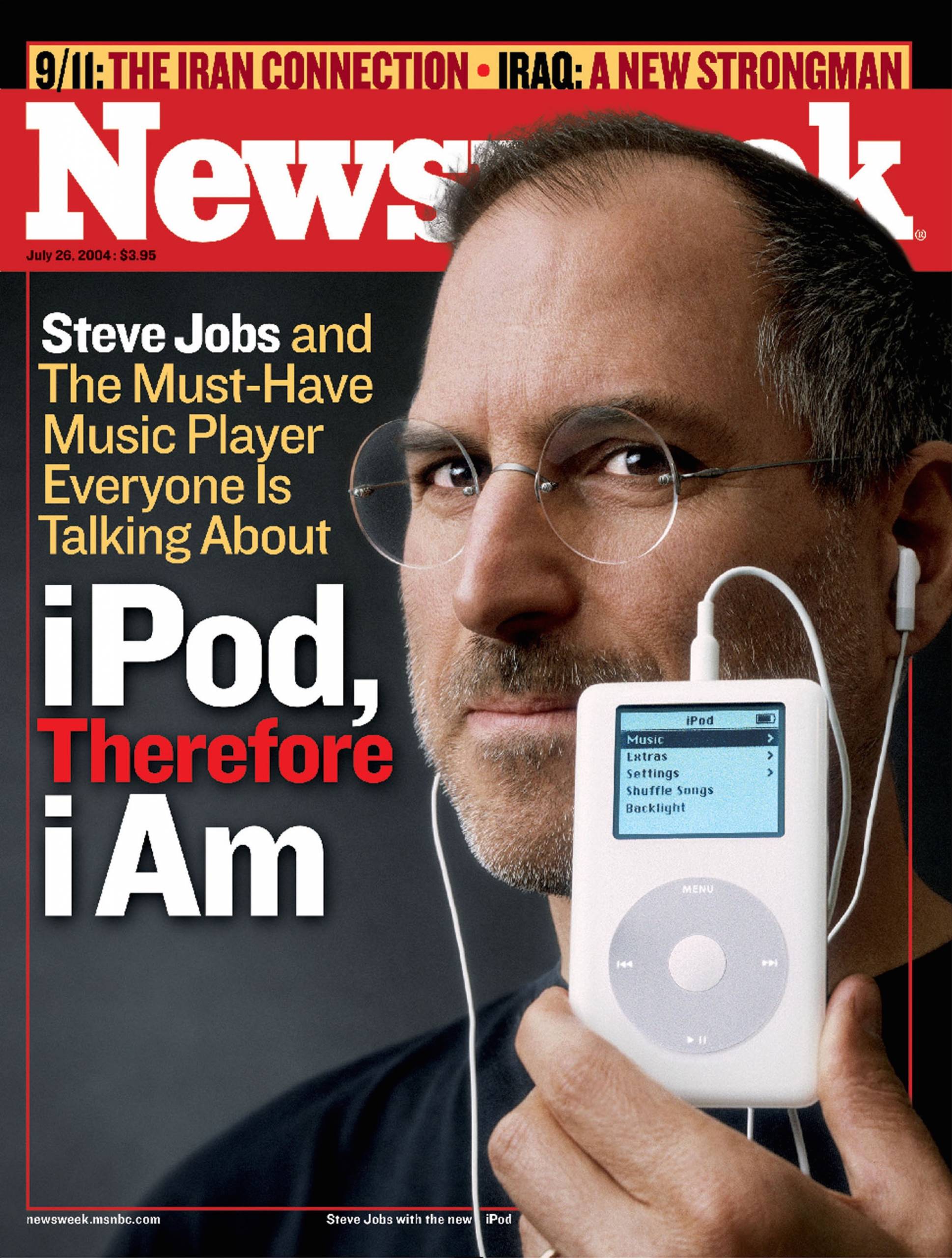
Jobs on the cover of Newsweek, 2004…
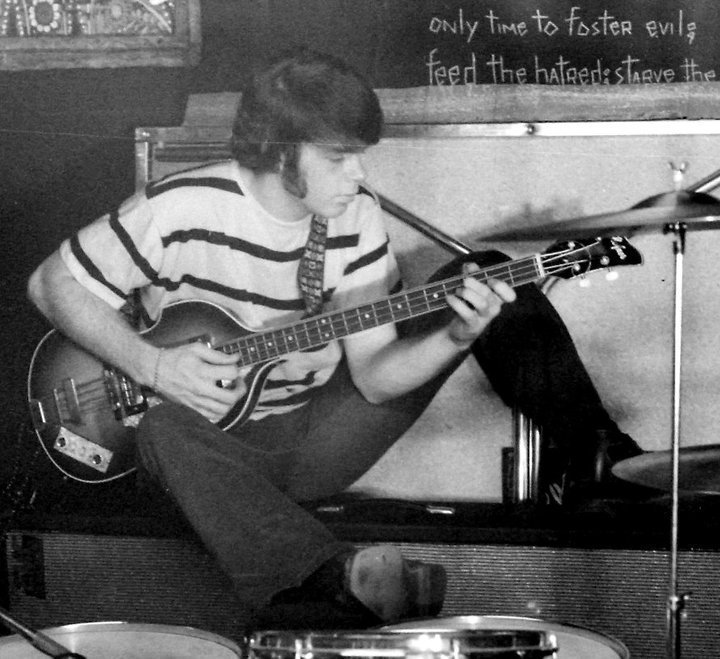
Tom, maybe during his days at the University of Maryland…
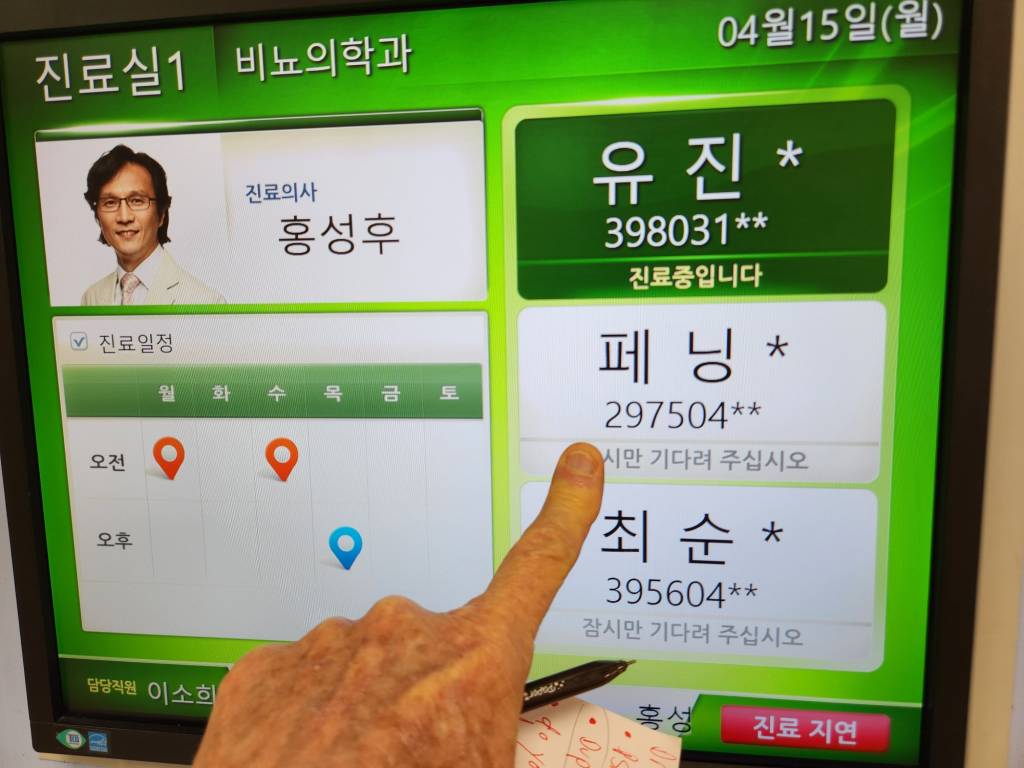
Waiting to get into Dr. Hong’s busy office during my quarterly checkup at the hospital…
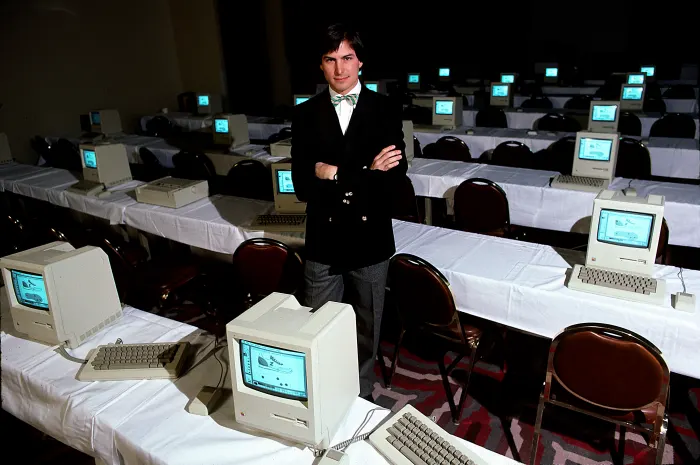
A bow-tied Jobs with his world-changing Apple II computers…
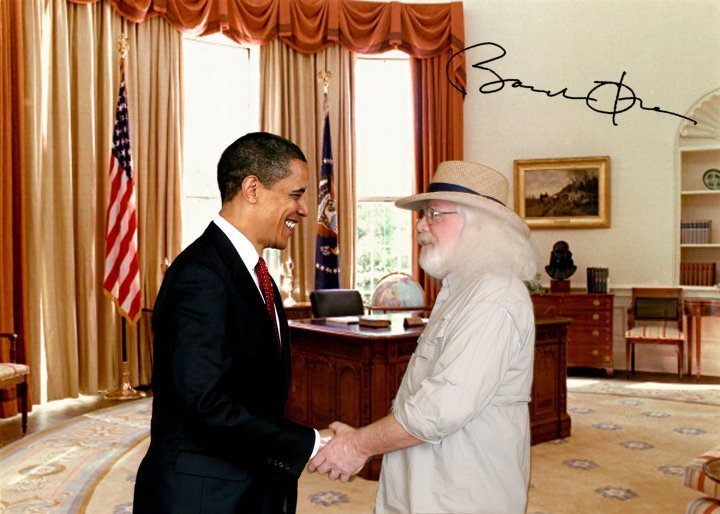
Tom meets President Obama in the White House–when, why and how, I am not sure…
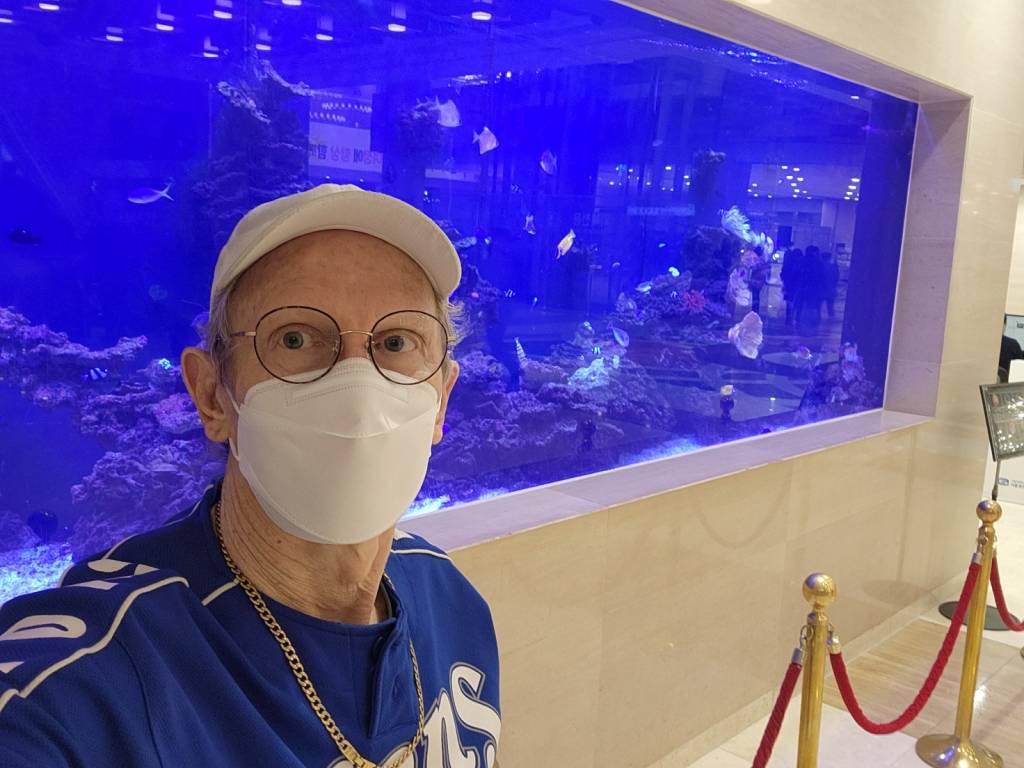
Me and the hospital aquarium…

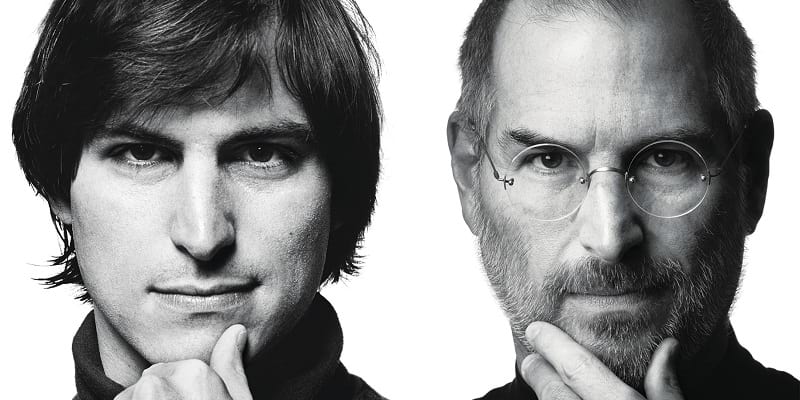
5 Comments
And the rich die like the poor, the mistake was that he didn’t get close to God and went to Buddhism, he was stubborn and didn’t listen to anyone, he signed his own death sentence.
Actually, Elly, I had the same thought….I have been in literally dozens of Buddhist temples here in Korea, and never have I thought of becoming a Buddhist
It’s to bad those two men made bad decisions. You can’t ignore cancer, it doesn’t get better only worse. You made the right decision. Fight with what ever it takes to beat cancer.
You are right about that, Janene. What in the world were Jobs and my friend Tom thinking??
A very well written and informative piece.
Add Comment